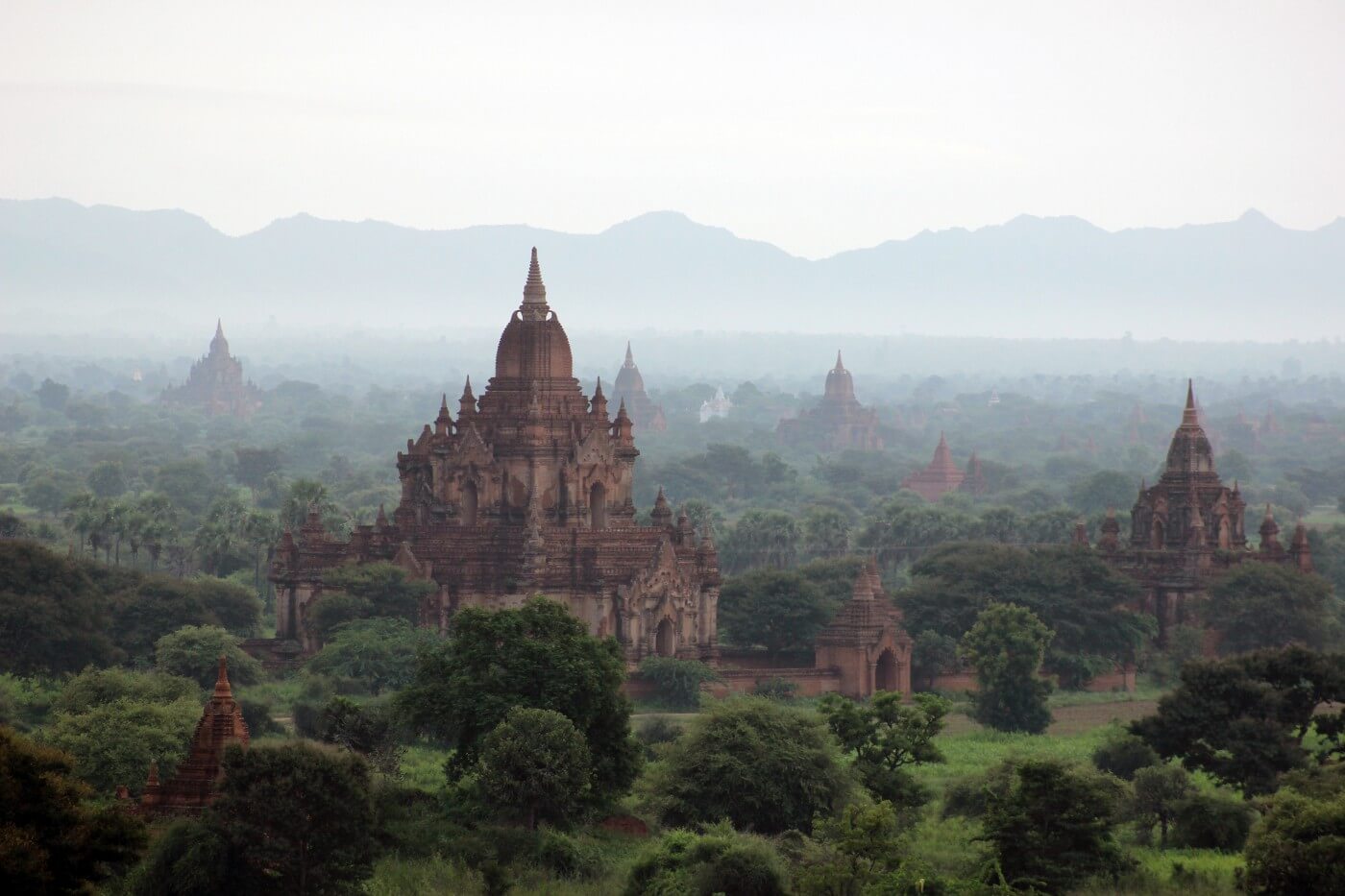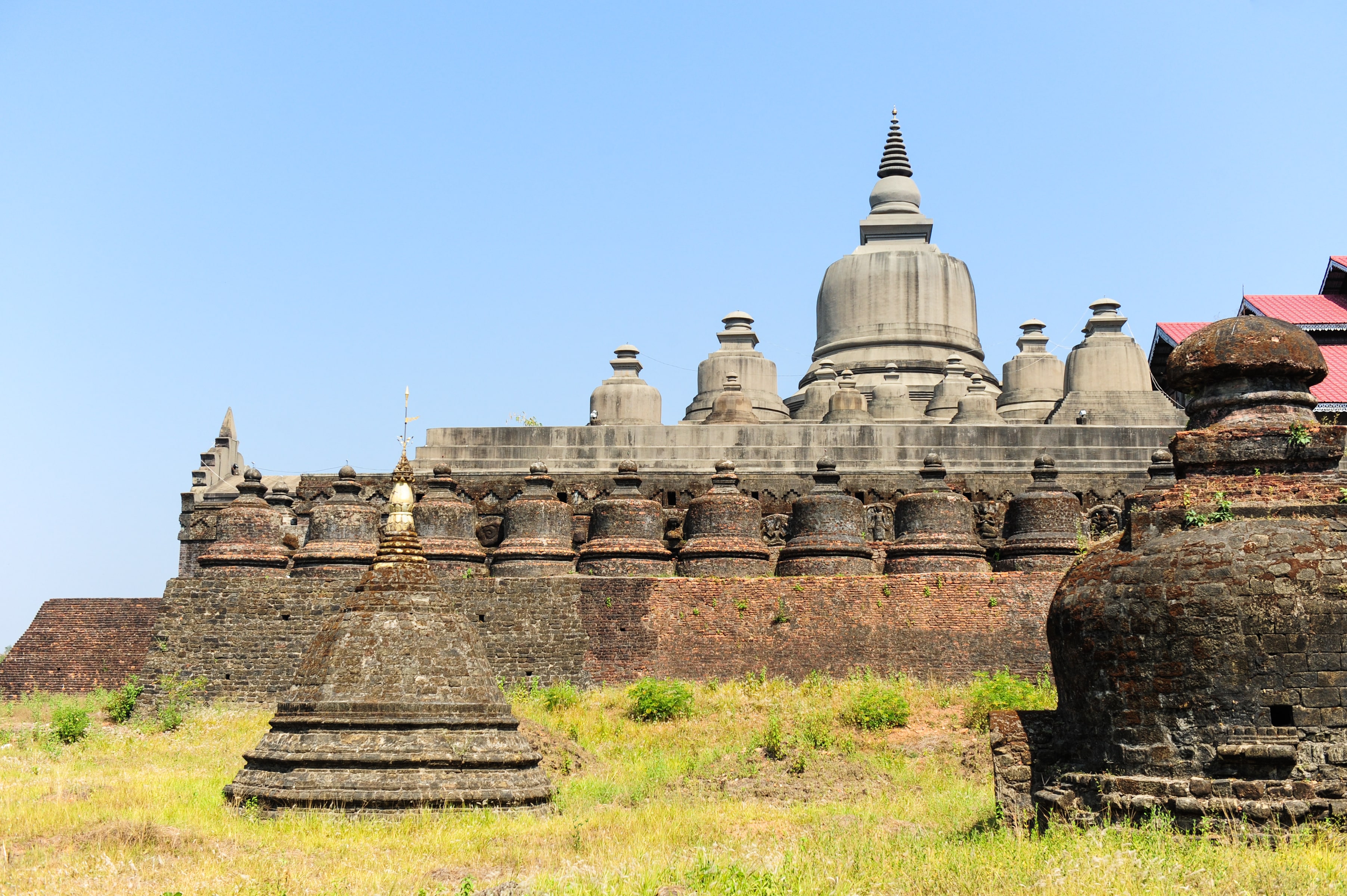“The international community had rightly condemned the genocidal persecution of the Rohingya. However, it did not understand the intense power struggles behind the scene between the democratic government and the military dictators”, writes Prof Stefan Collignon, Visiting professor at the European Institute, LSE and President of the France-Burma Association, regarding the recent military coup in Myanmar in February 2021.
_______________________________________________
The timing of these events is easily explained. They occurred hours before the newly elected Parliament was supposed to be sworn in. Aung San Suu Kyi’s party, the National League of Democracy (NLD), had won a massive election victory with 80 percent of the parliamentary seats in November, while the military party USDP had done far worse than expected. Gen Min Aung Hlaing, the Army leader who is one of the most wanted men on the planet for leading the genocide against the Rohingya, was near forced retirement and saw no way to maintain his power and profit. Taking a page from Donald Trump’ textbook, the military leaders complained about irregularities, although the National Election Commission confirmed the results as lawful, even if the conditions for holding the vote in times of Covid were difficult in this low-income country. Had the Parliament met, the power balance would have shifted in favour of more democracy, while for the last 5 years, NLD and the military had jointly run the country based on a fragile power-sharing deal.
The Burmese Army has kept power since 1962, with disastrous consequences for people and the economy. For a quarter of a century, the country was more isolated than North Korea. The big up-rising in 1988 was gunned down by an extremely bloody repression. As the leader of the emerging opposition, Aung San Suu Kyi was kept under house arrest or in prison for over 15 years. When military power had become unsustainable after the cyclonic storm Nargis in 2008, the generals finally conceded power, but not without writing a constitution that gave them significant veto powers. The military kept the constitutional right of appointing 25% of all parliamentary seats and occupying all ministerial posts related to security issues. In 2016, Aung San Suu Ky won the elections with a landslide majority of over 70% of seats in Parliament and became State Councillor, the de facto prime minister.
Over the last five years, Myanmar, called Burma in colonial times, has gone through an important democratic transformation and opened up the economy. Aung San Suu Kyi was the hero of the story – and then she fell. In 2017, on commands by General Min Aung Hlaing the Burmese Army engaged in a massive operation of persecution and genocide of the Rohingya ethnic minority, forcing 800,000 people into neighbouring Bangladesh. The operation was a deliberate trap for Aung San Suu Kyi, which she circumvented by seemingly supporting the Army. In 2019, Aung San Suu Kyi personally led a legal team at the International Court of Justice to defend Myanmar in the first public hearings for the case of genocide. To make clear what was at stake, the Military mobilised troops around major cities in Myanmar while the State Councillor was speaking in The Hague. A wrong word – and the coup would have happened then.
The fall-out from the Rohingya crisis for the 1991 Nobel Prize winner’s international prestige was massive – as intended by the generals. However, within Myanmar, the question was whether democratic forces should throw away the partial power they had obtained by the election in 2015. For the last five years, Aung San Suu Kyi has been negotiating a federal solution to end the 60-years civil war with ethnic minorities. It led nowhere because the Army, as the third party to the negotiations blocked all attempts of reconciliation, knowing that without the civil war, it no longer can claim the largest share in government resources. Aung San Suu Kyi was playing a long game, hoping to change the balance of power and the constitution after the 2020 elections. The results prove that the people supported her. So, the Army took back what it had “granted” five years before: the right of the people to choose their leader.
The international community had rightly condemned the genocidal persecution of the Rohingya. However, it did not understand the intense power struggles behind the scene between the democratic government and the military dictators. When economic sanctions and the stop of foreign investment curtailed economic development, this short-sightedness seriously weakened the democratic camp. Undemocratic governments in Asia, like China, have filled the strategic vacuum. Western democracies lost their leverage. The result has been the coup.
Governments of the European Union and the European Parliament carry some responsibility. Symbolic acts of protest without practical help have endangered the real transformation of the Myanmar society which is necessary to undermine the power base of the military. For example, the German Development Minister Gerd Müller arbitrarily suspended economic cooperation with Myanmar after a 2020 visit to a Rohingya refugee camp in Bangladesh. He disrupted years of delicate building of civil society organisations necessary for a practice of democracy. The answer to this coup must be: extremely harsh punishments of military dictators. These sanctions should be targeted on individuals, but simultaneously a wide engagement with the Burmese population must be maintained. Grassroot democracy can develop even in the shadow of military rule. With Aung San Suu Kyi in house arrest again, the process will be slowed down, but it may be easier to bring the military villains to justice.
* The views expressed in the blog are those of the authors alone. They do not reflect the position of the Saw Swee Hock Southeast Asia Centre, nor that of the London School of Economics and Political Science.
* Banner image is from Flick by UN Photo/Rick Bajornas (CC BY-NC-ND 2.0).





